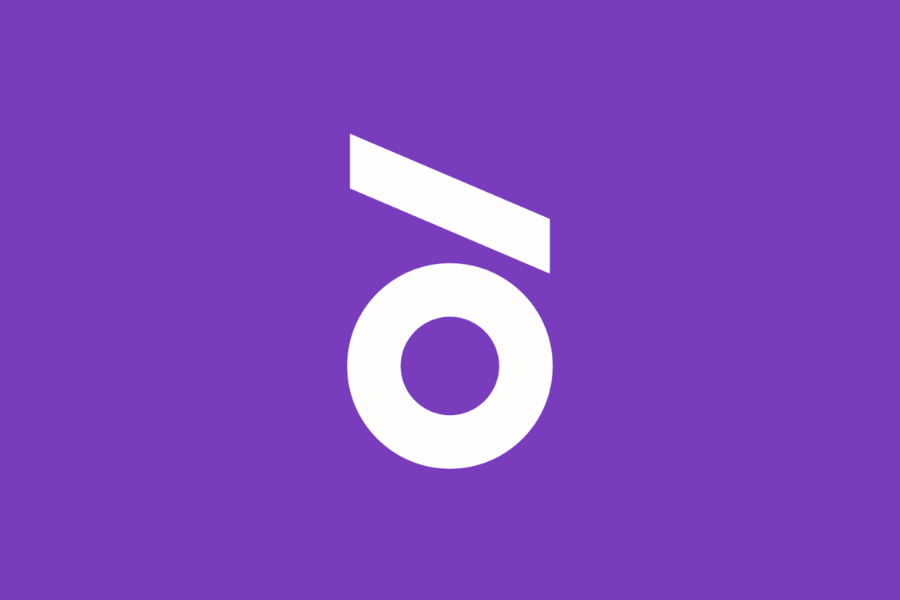Survivor project is funded by the European Union and brings together a consortium of key state institutions (GSGE, KETHI), the leading
Greek GBV organisation (CRWI Diotima), and the Greek branch of the global humanitarian actor for GBV (IRC Hellas).
Objectives
To Enhance the quality and access of services for refugee and migrant GBV survivors in Greece and strengthen GBV programming through transnational dialogue and sharing GBV best practices, resources and tools in Greece and Europe.
Partners
Centre for Research on Women’s Issues (CRWI), Diotima, International Rescue Committee (IRC), General Secretariat for Gender Equality (GSGE, Ministry of Internal Affairs), and Research Center for Geneder Equality (KETHI). Centre Diotima is the leader of this project
Funding and duration
DG Justice.
24 months, (starting date 3 September 2018)
Main Activities
- Expand and train female cultural mediators
- Train public social services staff on specialised support for GBV survivors
- Establish SOPs and a community referral mechanism for GBV services
- Design and implement pre-service seminars for professionals
- Produce communications and information materials in appropriate languages
- Create a regional online platform for resource sharing
- Conduct exchange visits to boost cross-border learning, and European skills sharing on GBV best practices
- Conduct an interactive, action-oriented Regional GBV Workshop.
Type/number of persons benefitting from the project
The project will directly benefit women and adolescent girls. Men, boys, and LGBTQI will indirectly benefit through training of public bodies. Project beneficiaries are estimated at about 500 professionals, including social workers; law enforcement; NGOs/ CSOs; child protection professionals; mediators; civil servants; gender quality experts; and a wider audience.
Key Expected Results
- Increased awareness about rights and culturally appropriate services
- Increased referrals to service providers by community focal points
- Adapted GBV services meeting cultural and linguistic needs
- Improved knowledge, attitudes, skills of professionals and institutional SOPs
- Increased European access to best practices and resources
Publications
Guidance Document for cultural mediators working at services for GBV survivors





